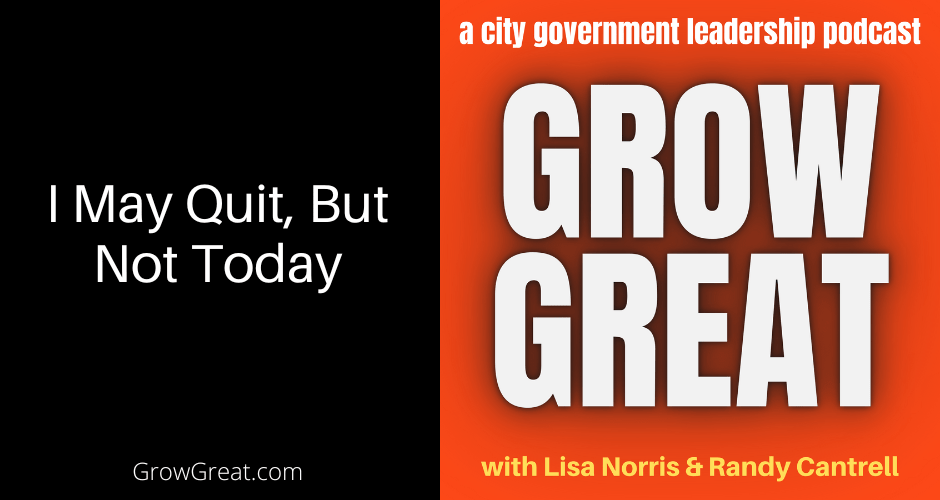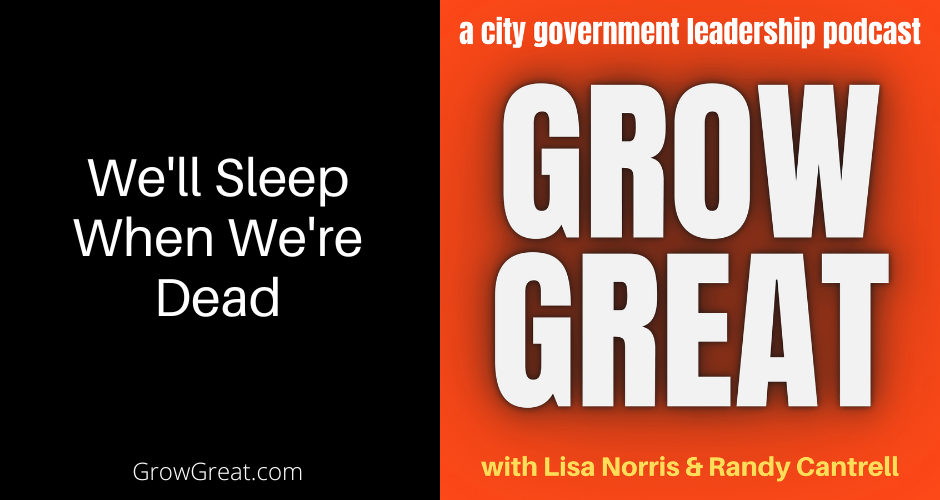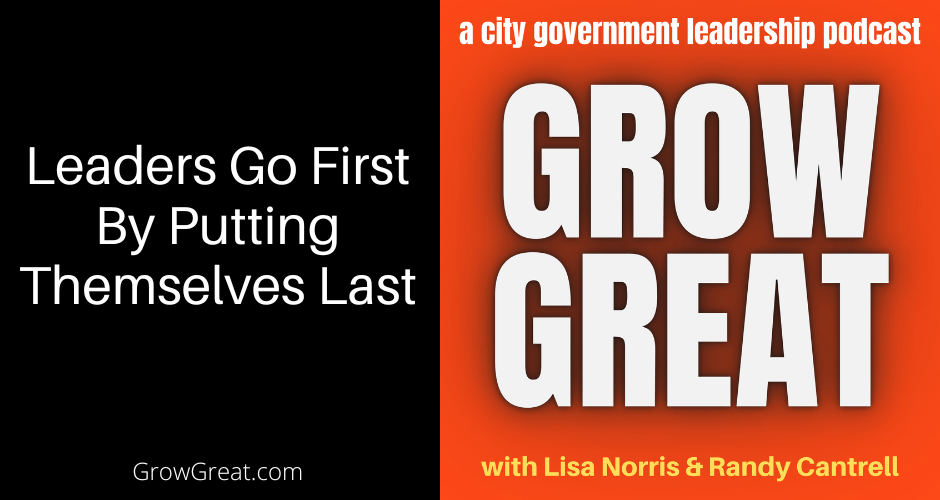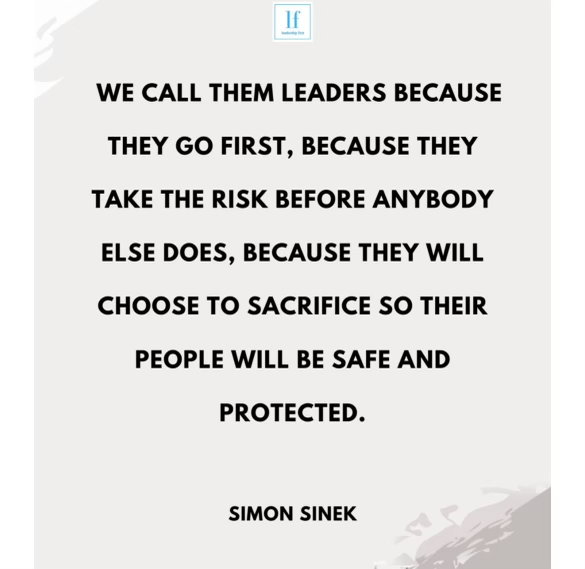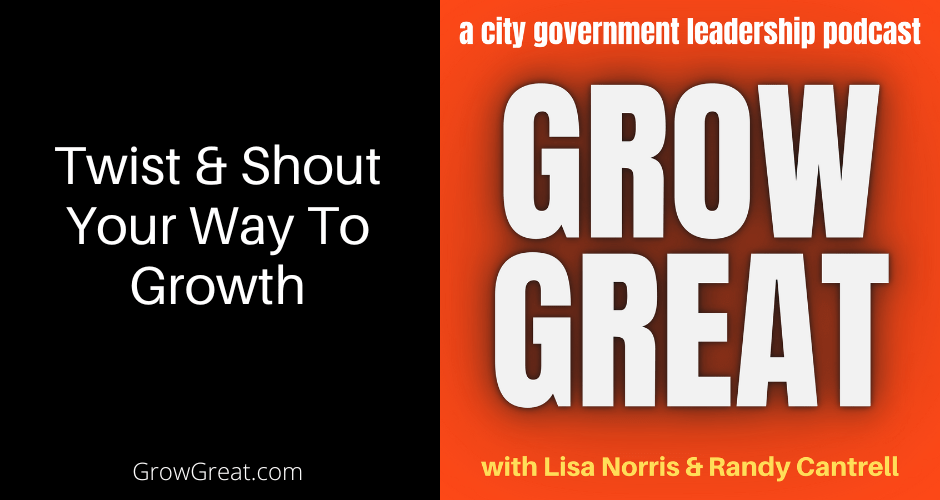I May Quit, But Not Today
Podcast: Play in new window | Download (Duration: 30:48 — 14.1MB)
Subscribe: Apple Podcasts | Spotify | RSS | More
Lisa texted me the following anonymous quote:
No matter what knocks you down in life, get back up and keep going. Never give up. Great blessings are a result of great perservance.
I was born in Oklahoma, historically Indian territory. I can’t remember when I first heard the story of how buffalo react to thunderstorms, a frequent Oklahoma event. We recorded a show about being a buffalo, which means having the grit, courage, and determination to weather the storms of adversity.
Today, we felt the urge to encourage you to hang in there, control what you can and not obsess about what you can’t.
Be well. Do good. Grow great!

Check out the Hosts page for our profiles.
Connect With Lisa On Linkedin • Connect With Randy On Linkedin
We encourage you to contact us. Feedback, suggestions, criticisms, insights, and experiences are welcomed. Thank you for watching and listening!
I May Quit, But Not Today Read More »
